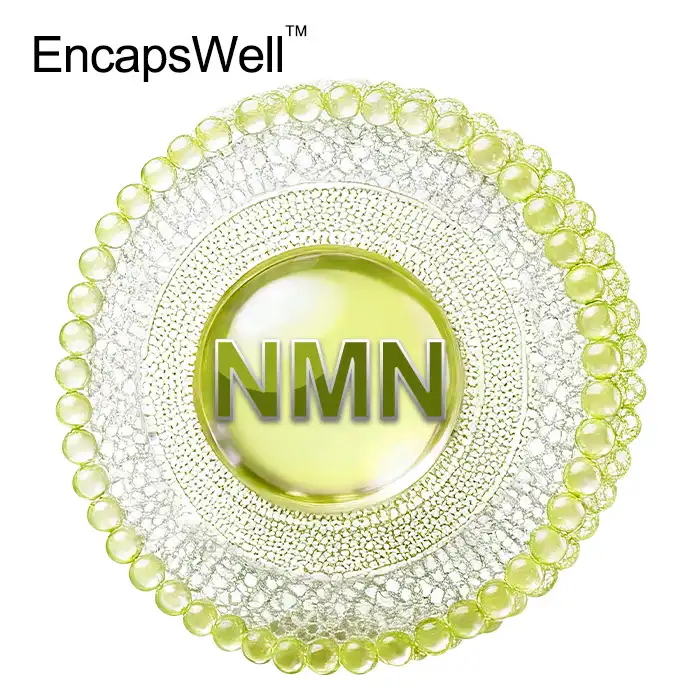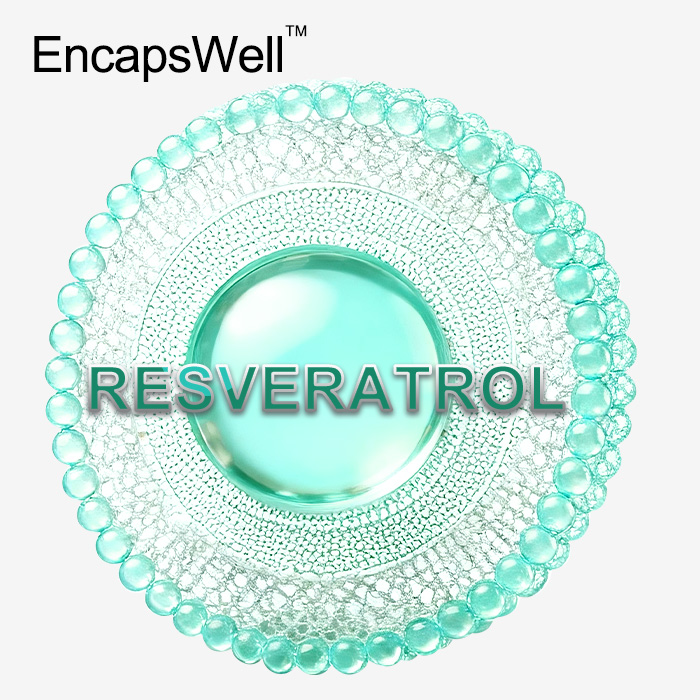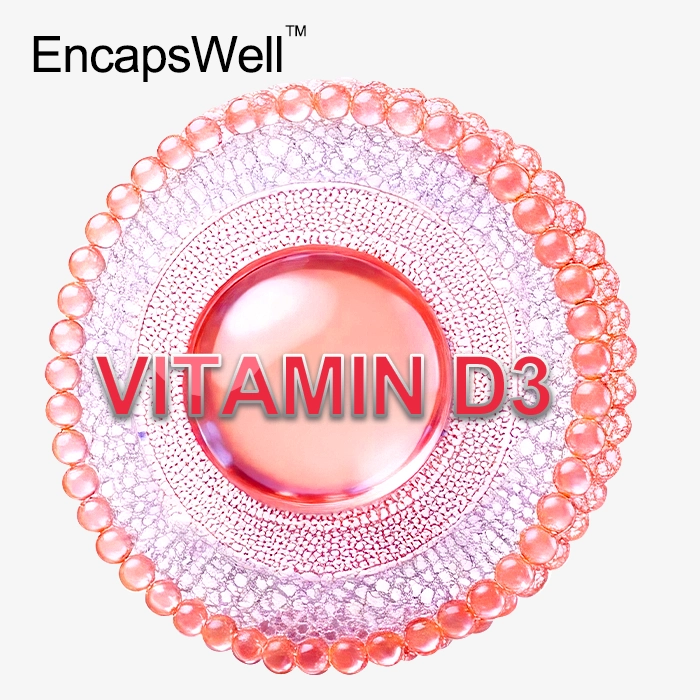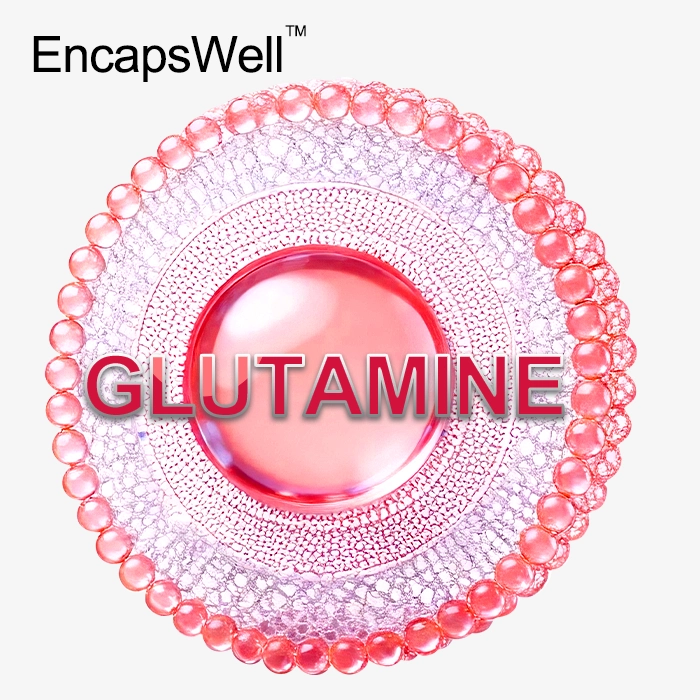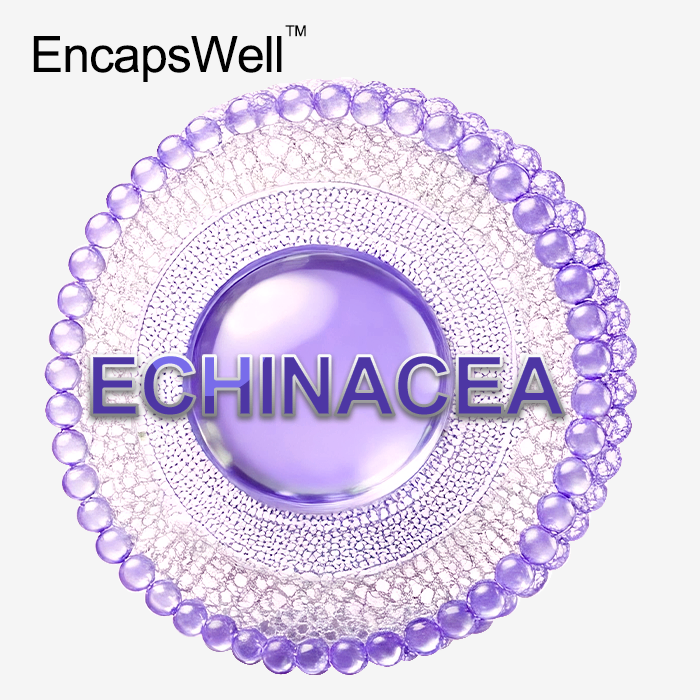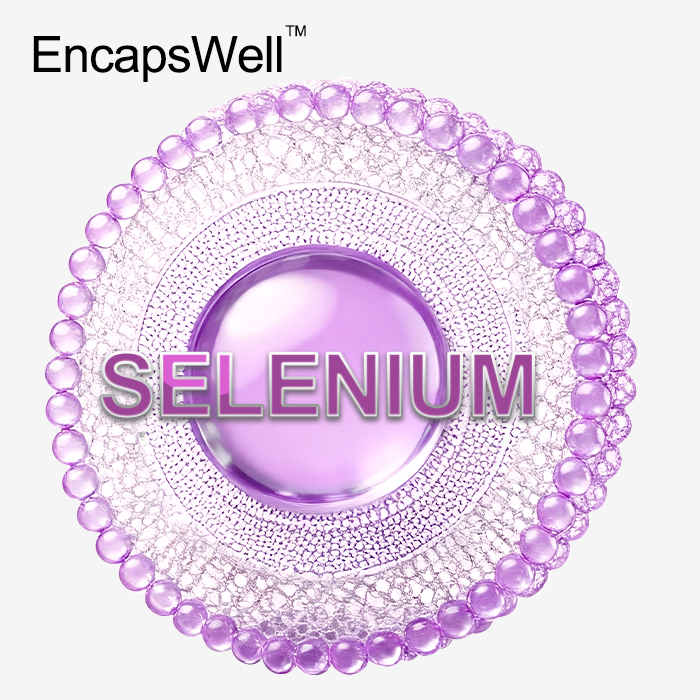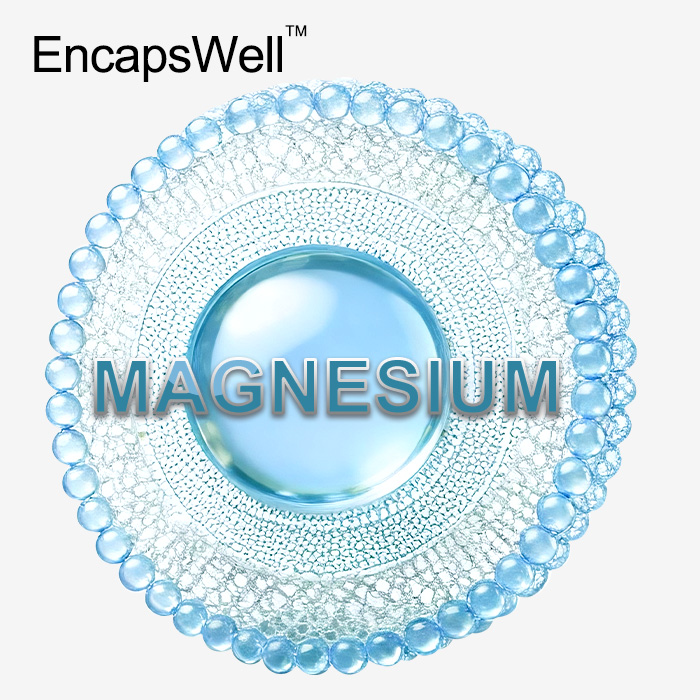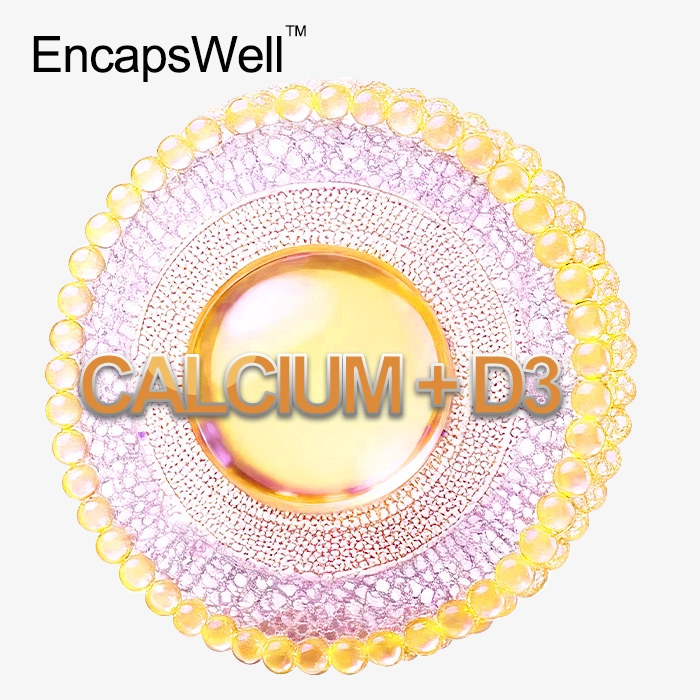How Do Elderberry Antioxidants Help Neutralize Free Radicals?
The Power of Elderberry's Polyphenols
Elderberry (Sambucus nigra) contains a rich concentration of polyphenols, especially anthocyanins, which are responsible for its deep violet hue and potent antioxidant effects. These compounds possess strong electron-donating abilities, allowing them to stabilize reactive oxygen species before they damage cellular structures. Beyond their scavenging function, anthocyanins also help preserve lipid membranes and DNA integrity, reinforcing the body's natural antioxidant defenses and promoting cellular resilience against oxidative stress and environmental aggressors.
Mechanisms of Free Radical Neutralization
Liposomal sambucus nigra powder antioxidants combat oxidative stress through multiple molecular mechanisms. They neutralize free radicals by donating electrons, effectively stabilizing unstable molecules and halting oxidation cascades. Moreover, liposomal sambucus nigra powder polyphenols can bind transition metals such as iron and copper, preventing them from catalyzing additional free radical formation. This chelation process, combined with direct radical scavenging, interrupts oxidative chain reactions that can otherwise damage proteins, lipids, and DNA, ultimately preserving cellular integrity and reducing the burden of oxidative injury.
Synergistic Effects with Other Antioxidants
The antioxidants in elderberry exhibit powerful synergistic interactions with other compounds such as vitamin C, vitamin E, and glutathione. This cooperation enhances the body's total antioxidant network, allowing more efficient neutralization of diverse free radicals across different cellular environments. Elderberry polyphenols can regenerate or stabilize these partner antioxidants, prolonging their activity and amplifying their protective potential. Such synergy results in a more comprehensive antioxidant defense system, supporting immune health, cellular recovery, and long-term protection against oxidative damage.
Liposomal Encapsulation for Enhanced Polyphenol Stability and Absorption
The Liposomal Advantage
Liposomal encapsulation represents a significant advancement in supplement technology. Liposomes are microscopic spheres made from phospholipids, the same materials that make up cell membranes. When elderberry extract is encapsulated in these liposomes, it gains several advantages. The liposomal membrane protects the delicate polyphenols from degradation in the harsh environment of the digestive system, ensuring that more of the active compounds reach their intended destination.
Improved Bioavailability and Cellular Uptake
One of the key benefits of liposomal elderberry powder is its enhanced bioavailability. The liposomal structure facilitates easier absorption through the intestinal wall and into the bloodstream. Once in circulation, these liposomes can fuse with cell membranes, delivering their payload directly into cells. This direct delivery system significantly increases the amount of elderberry antioxidants that reach target tissues, amplifying their potential benefits.
Extended Shelf Life and Stability
Liposomal encapsulation also contributes to the extended shelf life of elderberry supplements. By shielding the active compounds from light, oxygen, and other environmental factors that can degrade them, liposomal technology ensures that the supplement remains potent for longer periods. This increased stability translates to more consistent and reliable benefits for consumers.
Cellular Defense and Oxidative Stress Reduction with Liposomal Elderberry
Strengthening Cellular Membranes
Liposomal elderberry supplements contribute to cellular protection by enhancing membrane resilience. The phospholipids in liposomal delivery systems naturally merge with cellular membranes, improving their stability, permeability, and fluidity. This process facilitates efficient absorption of elderberry's polyphenols and anthocyanins, while simultaneously strengthening the lipid bilayer structure. As a result, cells become more resistant to oxidative insults, toxins, and environmental challenges, ensuring better nutrient exchange and defense against stress-induced cellular dysfunction.
Mitochondrial Protection
Mitochria are central to cellular energy generation and are highly sensitive to oxidative damage. Liposomal elderberry delivers potent antioxidants that effectively reach and shield these organelles from free radical attacks. The anthocyanins and flavonoids in elderberry help neutralize reactive oxygen species, preserving mitochondrial membrane potential and ATP synthesis efficiency. By maintaining mitochondrial integrity, liposomal elderberry supports sustained cellular metabolism, delays fatigue, and enhances overall vitality—key factors in maintaining optimal physiological performance and longevity.

Modulation of Inflammatory Responses
Inflammation and oxidative stress are interlinked processes that disrupt cellular equilibrium. Liposomal elderberry's bioactive compounds exert a regulatory influence on inflammatory mediators such as cytokines and prostaglandins. Through this modulation, it helps restore balance to immune signaling and reduce chronic low-grade inflammation. Moreover, its antioxidant action alleviates oxidative burden, preventing further tissue irritation. This combined anti-inflammatory and antioxidative effect provides a holistic mechanism of protection, supporting cellular health, recovery, and resilience against daily stressors.
Conclusion
Liposomal elderberry represents a significant advancement in antioxidant supplementation. By combining the potent polyphenols of elderberry with cutting-edge liposomal technology, these supplements offer enhanced bioavailability, stability, and efficacy. The ability of liposomal elderberry to neutralize free radicals, protect cellular structures, and modulate inflammatory responses makes it a valuable tool for maintaining overall health and wellness. As research continues to unveil the benefits of this innovative formulation, liposomal elderberry stands out as a promising option for those seeking comprehensive antioxidant protection.
FAQs
What makes liposomal elderberry different from regular elderberry supplements?
Liposomal elderberry uses advanced encapsulation technology to improve absorption and stability of elderberry's beneficial compounds, resulting in higher bioavailability compared to standard extracts.
How does liposomal elderberry powder support immune health?
The antioxidants in liposomal elderberry, particularly anthocyanins, help neutralize free radicals and support overall immune function. The liposomal delivery ensures these compounds reach cells more effectively.
Can liposomal elderberry supplements be used in different product forms?
Yes, liposomal elderberry powder is versatile and can be used in various formats including capsules, tablets, and beverages, making it suitable for different supplement applications.
Experience the Power of Liposomal Elderberry | EmerWell
At EmerWell, we specialize in creating high-quality liposomal elderberry supplements that harness the full potential of this powerful antioxidant. As a leading supplier and manufacturer, our state-of-the-art facility ensures every batch of liposomal Sambucus nigra powder meets the highest standards of purity and efficacy. Experience the difference of our advanced liposomal technology in your next supplement formulation. Contact us at info@emerwell-bio.com to learn more about our custom solutions.
References
Hawkins, J., et al. (2019). Black elderberry (Sambucus nigra) supplementation effectively treats upper respiratory symptoms: A meta-analysis of randomized, controlled clinical trials. Complementary Therapies in Medicine, 42, 361-365.
Vlachojannis, J. E., Cameron, M., & Chrubasik, S. (2010). A systematic review on the sambuci fructus effect and efficacy profiles. Phytotherapy Research, 24(1), 1-8.
Barak, V., Halperin, T., & Kalickman, I. (2001). The effect of Sambucol, a black elderberry-based, natural product, on the production of human cytokines: I. Inflammatory cytokines. European Cytokine Network, 12(2), 290-296.
Akbarzadeh, A., et al. (2013). Liposome: classification, preparation, and applications. Nanoscale Research Letters, 8(1), 102.
Charlebois, D., et al. (2010). Elderberry: Botany, Horticulture, Potential. Horticultural Reviews, 37, 213-280.
Sidor, A., & Gramza-Michałowska, A. (2015). Advanced research on the antioxidant and health benefit of elderberry (Sambucus nigra) in food – a review. Journal of Functional Foods, 18, 941-958.

